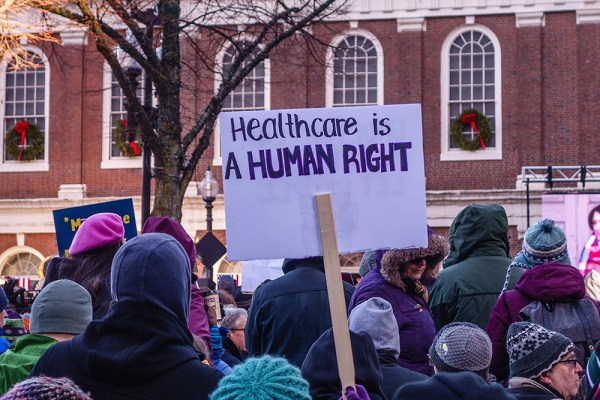Huge Decisions Loom for Lawmakers on Obamacare Taxes

One of the biggest calling cards of the Republican Party for the last several years, including President Donald Trump, has been to repeal the Affordable Care Act, also known as Obamacare. Although Obamacare has faced much opposition throughout its existence, recent polls suggest that most Americans don’t want it repealed, especially if there is nothing to replace it.
Still, republican lawmakers are undeterred in their efforts to scrap it. However, there are several significant taxes issues that must resolved, namely which taxes should they repeal. Make no mistake, republicans hate the Obamacare taxes, but some feel that they should keep them to help pay for their replacement plan. The taxes in question include:
- Net Investment Income Tax – this would automatically eliminate the 3.8 percent tax on capital gains.
- Health Insurance Tax – Health insurance providers are forced to pay this annual fee based on their market share.
- Medicare Surtax – This tax on the wealthy created an extra $7.3 billion for the government, so eliminating it would help anyone earning more than $200,000 (single filer) or $250,000 (joint filer) a year.
- Cadillac Tax – this is set to begin in 2020, but many lawmakers from bot sides oppose it, as it would be a huge tax on those with high-cost health plans, including many democratic-backed unions.
- Prescription Drug Tax – repealing this would help businesses that make or import branded prescription drugs and have to pay huge fees for doing so.
- Tanning Tax – this contributed to many tanning salons going out of business
- Medical Expenses Deduction Cap – this raised the threshold for deducting medical expenses from 7.5 percent to 10 percent.
- Flexible Spending & Health Savings Accounts – these placed lower limits on the amounts people can add to them and raised the penalties for using the money on anything other than medical expenses.
- Mandate Penalties – these are the penalties that people must pay if they choose not to have health insurance.
Each of these taxes could en up on the chopping block, but it remains to be seen which ones will be officially repealed and which ones will survive.
http://thehill.com/policy/finance/317880-gop-faces-big-decision-on-obamacare-taxes
Alan Olsen Performing In World Renown Oakland Temple Pageant
Alan Olsen Performing In World Renown Oakland Temple Pageant Managing Partner Alan Olsen portraying John Taylor Fremont, CA – July 13th, 2006 – Alan L. Olsen CPA, MBA (tax) and Managing Partner of Greenstein, Rogoff, Olsen & Co. will be kicking up his heels as he dances and sings in the world renown extravaganza –…
Five Uses For Survivorship Life Insurance
Five Uses For Survivorship Life Insurance By Robert D. Cavanaugh, CLU Survivorship life insurance is a life insurance policy that insures two people and pays at the second death. Also referred to as second-to-die life insurance, common abbreviations are SWL for survivor whole life and SUL for survivor universal life. Advantages Since the insurance company…
The Basics of Asset Allocation
The Basics of Asset Allocation The Two Biggest Investment Mistakes: 1. Failure to diversify. Don’t bet everything on one stock. Don’t put all your money into either stocks or bonds. 2. Failure to cope with inflation risk. Today you need over $2 to buy what $1 bought in 1980, over $4 to buy what $1 bought in…
Stock Basis Reporting on Form 1099-B in 2011
Stock Basis Reporting on Form 1099-B in 2011 By Ron Cohen, CPA, MST Partner Greenstein, Rogoff, Olsen & Co., LLP See the new Form 1099-B for 2011 that requires “cost basis” information. Form 1099-B 2011 In the past, the client’s sometimes don’t know or can’t find their cost basis in stocks they have sold. Major…


